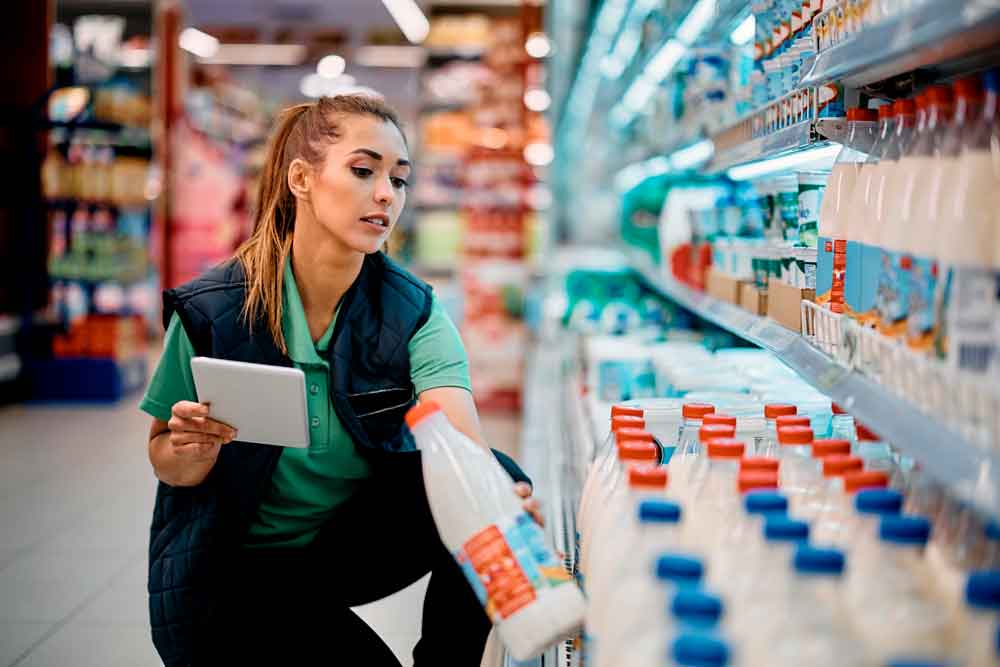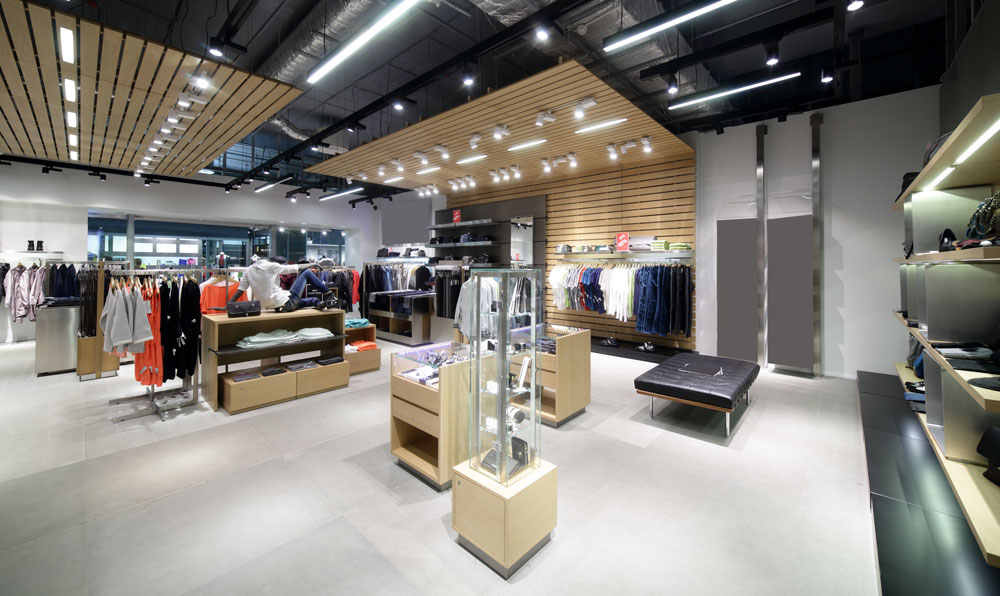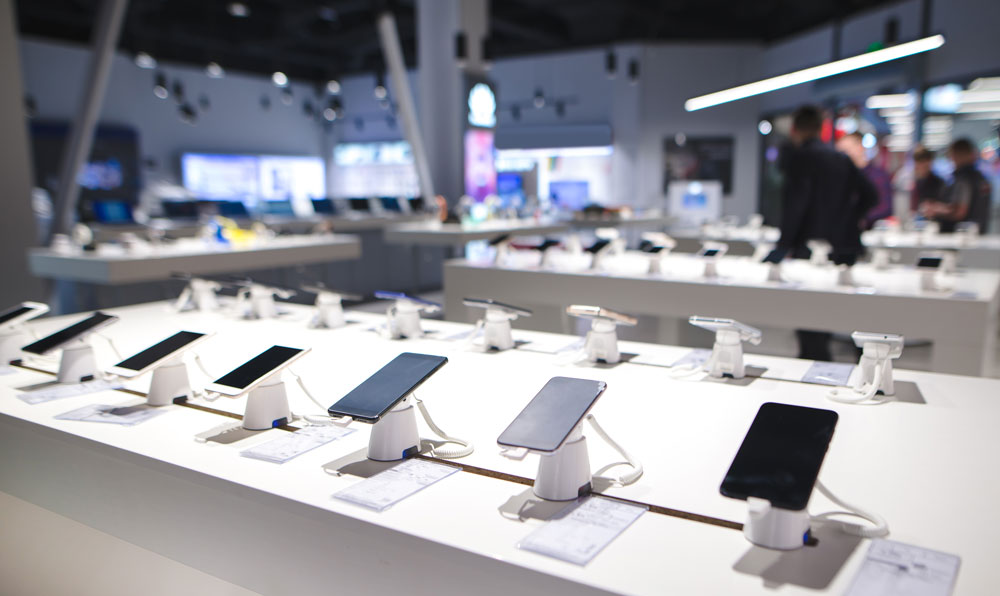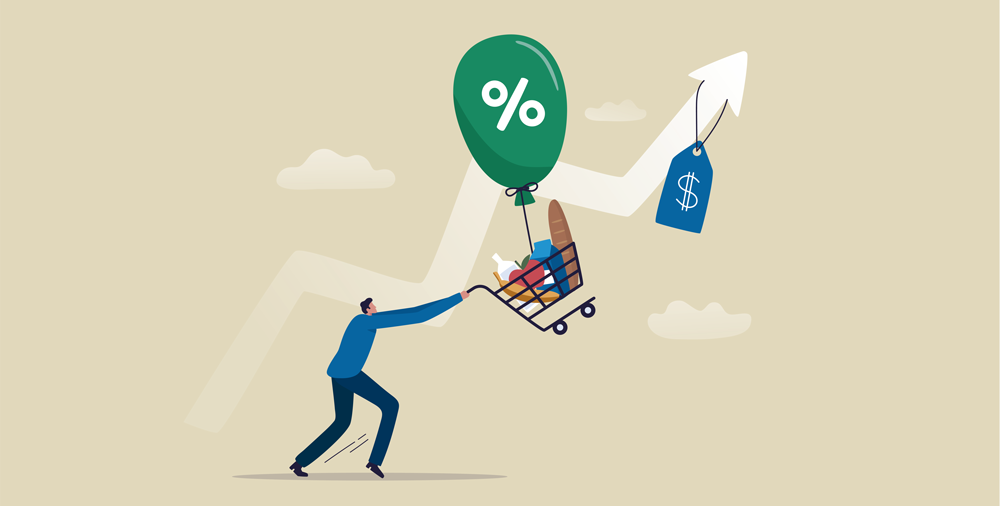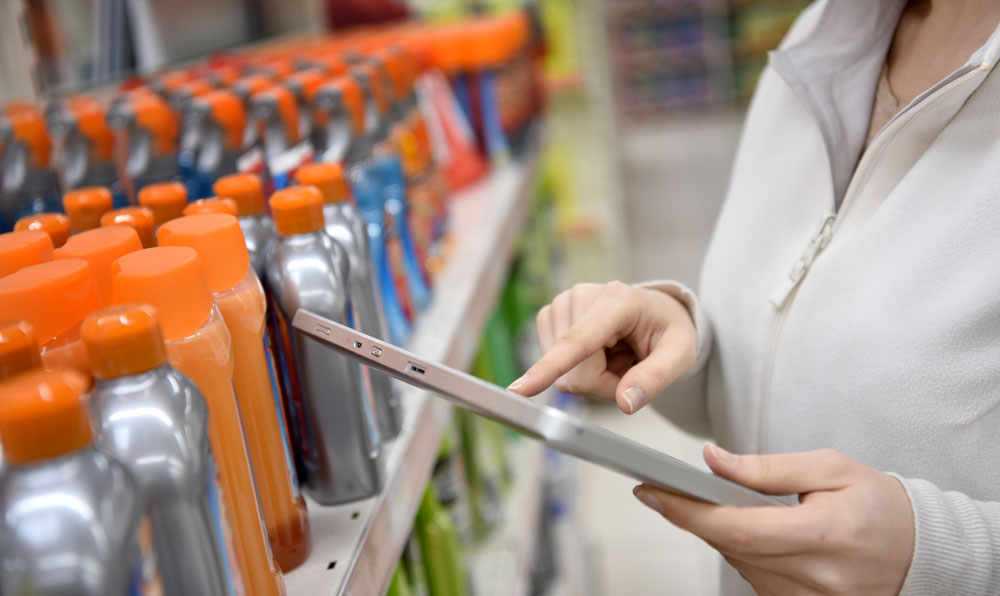
Sustainability extends beyond recycling and adopting “green” practices. It’s a comprehensive approach businesses embrace to maintain their competitiveness and profitability in a world that demands responsible actions. Despite facing challenges such as high initial costs and resistance to change, sustainability is fundamental to the long-term success of companies.
Retail is no exception and is adopting these trends quickly and decisively. Today’s consumers expect their shopping experiences to be accompanied by socially and environmentally responsible behavior by suppliers. Sustainable management is no longer just a trend but a steadily increasing expectation.
Let’s dive into the trends driving sustainability in retail:
Energy efficiency in stores and distribution centers: Implementing energy-efficient technologies, such as LED lighting systems and smart sensors, reduces energy consumption and decreases carbon emissions, contributing to environmental sustainability. An example of this is Apple, which has committed to making its supply chain and products 100% carbon-neutral by 2030.
Circular economy: In contrast to the linear model of production and consumption, the circular economy seeks to reduce, reuse, and recycle resources throughout the production chain. This approach involves avoiding waste and promoting the return of products and packaging for reuse or recycling. Nespresso is on this path with a capsule recycling program and using recycled aluminum in its manufacturing.
Sustainable production and consumption: Companies increasingly incorporate environmentally friendly products and packaging into their offerings in response to the growing consumer demand for eco-friendly products. Nike, for example, uses recycled polyester from bottles in its products, preventing an average of 1 billion plastic bottles from ending up in landfills and canals each year.
Food waste reduction: Combating food waste is crucial for protecting the environment, as this problem depletes vital resources such as soil, water, and energy. At Frogmi, we have worked with companies for years to combat food waste through proper planning, inventory analysis, and product management at the SKU level. If you want to know more, we invite you to read the success story of a Chilean supermarket chain that reduced its food waste by 17%.
Talent management: The workforce is changing. Young people seek new experiences and professional growth and work for companies with shared values and principles. A good salary is no longer enough. The new generations seek ethical companies concerned with equal opportunities and facilitating work-life balance. An example is Patagonia, which has built a social responsibility program and certifications to manage the impact of its business on workers and communities.
Digitalization in retail: The pandemic accelerated the digitalization of retail, opening up new opportunities for sustainability. AI drives sustainable initiatives in product design, reliable forecasting, and customer experience. Blockchain can increase traceability and transparency in the supply chain. Task management platforms like Frogmi can reduce paper consumption by digitizing and automating store processes. An emblematic example is Amazon Go, the prototype store that revolutionizes the shopping process by applying artificial intelligence to eliminate checkouts and streamline the customer experience innovatively and sustainably.
The future success of retail will not only be measured by its profits but also by its positive impact on the planet and people. By embracing and leveraging sustainable trends, companies can maintain their profitability in a competitive market and lead the way to a more sustainable and prosperous future for all.
At Frogmi, we have more than 15 years of experience developing innovative solutions to optimize processes and communication in retail. These solutions help companies improve their stores’ efficiency and profitability and contribute to the industry’s sustainability.
Reach out to learn more about how we can help you optimize your store operations.






